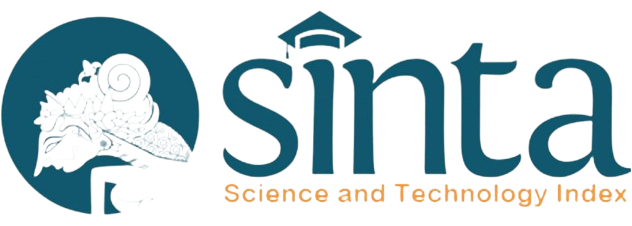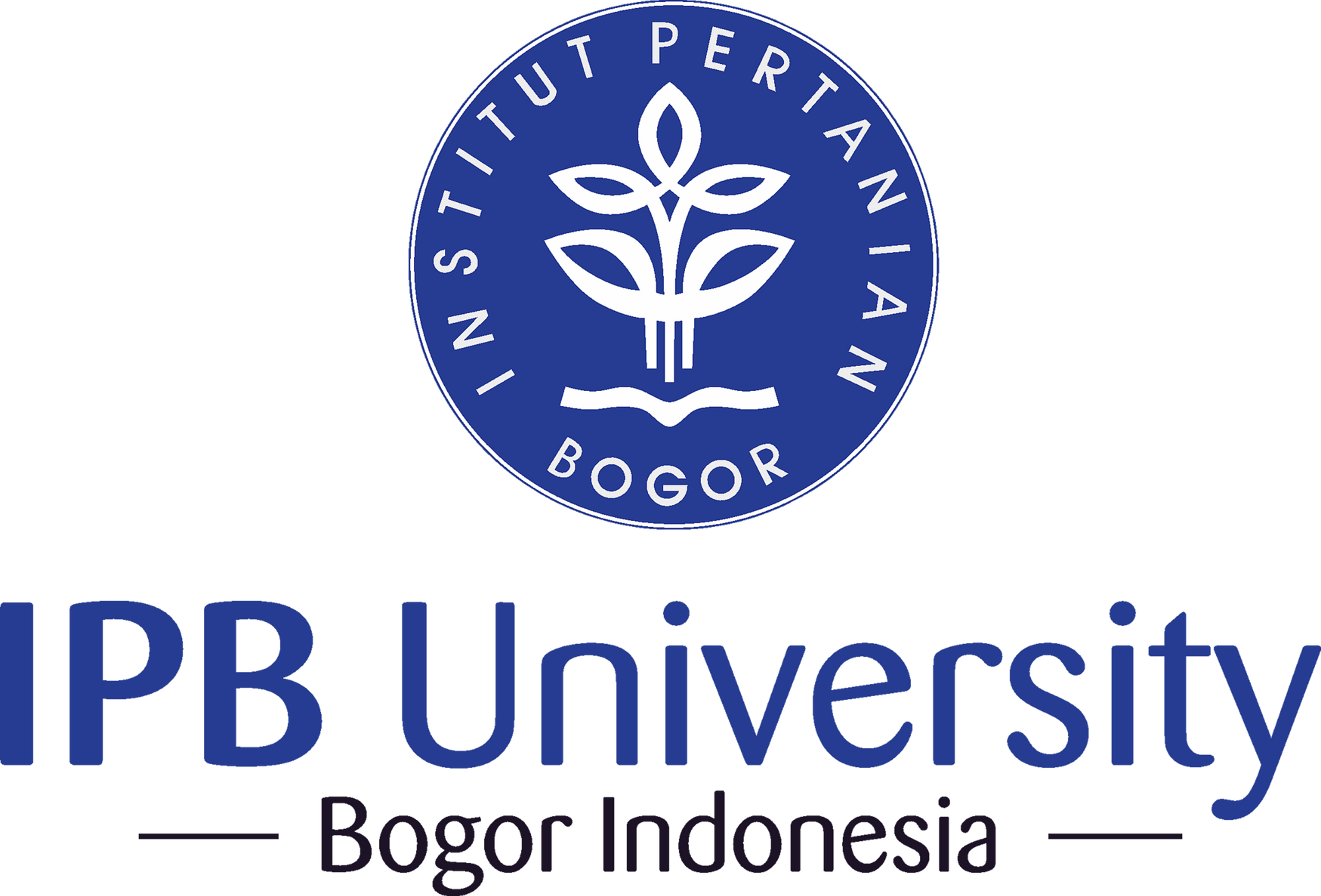Pengaruh Praktik Budidaya Jeruk terhadap Intensitas Penyakit Huanglongbing (HLB) di Kabupaten Sambas, Kalimantan Barat
Abstract
Several farming practices have been reported to influence the agroecosystem suitability for the development of plant diseases. However, the effect of citrus farming practices on the development of huanglongbing (HLB) disease and its vector insect, namely Asian citrus psyllid (ACP) Diaphorina citri is not widely known. This research studied the effect of citrus farming practices on HLB disease severity through a two-week short survey at 37 citrus groves in Sambas Regency. Observation parameters were HLB disease severity, the abundance of ACP, and the applied farming practices. The effect of farming practices on HLB disease severity was analyzed through structural equation modeling based on partial least squares (SEM-PLS). The results showed that the level of pesticide application, quality of drainage ditches, and density of citrus plants had a positive effect on HLB disease severity, while the level of vegetation diversity and level of application of chemical fertilizers had a negative effect on HLB disease severity. Weed control, soil quality, and pruning did not affect HLB disease severity. Therefore, citrus planting should apply a polyculture system, using various varieties, and the spacing is not too tight. The provision of nutrients that can increase citrus resistance to ACP infestation should be increased. Plant pest and disease control are suggested carried out in an integrated manner so that insecticides are only used when the pest population reaches an economic threshold.
Key words: asian citrus psyllid, citrus, farming practices, huanglongbing













